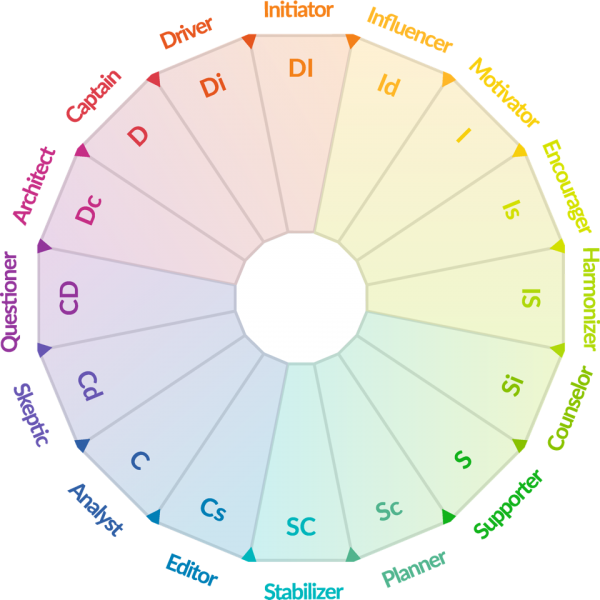New AI Hiring Tools Are Helping Recruiters Peak Under the Surface of a Resume

What can you really learn about your candidates by wading through tons of resumes?
Good recruiters know that a resume can only show you so much. A basic rundown of someone’s work history isn’t enough to determine a good fit, and if you want to learn more than that, you’ll have to invest a bit of time into investigating the candidate on your own.
And even after spending all the time, you could still end up making a bad hire. The chances — and the stakes — are higher than you might think. According to a 2017 CareerBuilder survey, three in four employers have been affected by bad hires in the past, losing an average of $15,000 per bad hire.
But perhaps there is a way for a resume to tell us more about a person. One could argue that — consciously or not — candidates choose each word on a resume. That means, on some level, the language a candidate uses can act as an indicator of their personality type. A new technology, personality AI, aims to uncover these indicators. The thinking goes that this new application of artificial intelligence (AI) could uncover a candidate’s strengths, blind spots, and communication style — all based on the language of their resume.
Uncovering Buried Insights
Personality AI uses machine learning and AI to analyze a body of text, like a resume, and predict the writer’s personality by assessing word choice and inflections and categorizing them based on already existing data. The software then matches the person with a specific personality type, which gives users a general picture of the person’s behaviors, motivations, and communication styles.
For example, someone who chooses to use a phrase like “return on investment” in their resume is likely to be a more direct, goal-oriented kind of person, while someone who opts for words like “awesome” or “exciting” will tend to be more of a creative, people-oriented type. Either way, by uncovering such insights, personality AI can help recruiters obtain a fuller picture of each candidate. That makes it easier to assess fit and make the right call for the role.
Of course, in order to yield usable insights, a personality AI needs some kind of personality framework in which to categorize people according to its findings. For example, our company, Crystal, uses the DISC framework, which classifies personalities along four key criteria: dominance (D), influence (I), steadiness (S), and conscientiousness (C). According to this framework, each person has a primary DISC type in one category and, potentially, a secondary type in another. You can see the relations between these types illustrated on the personality map below:

By grouping personalities like this, we can better understand and communicate with others — which is key to making better recruiting decisions.
For example, someone who is creative and people-oriented may be skilled at thinking up new ideas and connecting with strangers, but they are unlikely to thrive in a position that requires them to be emotionally detached and fact-focused. They may become bored or frustrated, which will likely cause them to quit quickly. On the other hand, more analytical, questioning people tend to be good at objectively solving problems and would probably work well in a job that requires them to focus on specific, concrete facts and avoid personal feelings. Once you have a better understanding of someone’s personality, you can find the right job fit for them.
The Benefits of Personality AI in Recruiting
When you use personality AI to analyze resumes, you can learn about candidates on a deeper, more genuine level. You can then use these insights to discover what motivates and drives a person, to understand how they will likely perform in a given role, and to predict how they may work with others on the team.
This form of well-rounded recruiting is more likely to lead to better hiring outcomes in which everyone — candidate and company alike — is happy with the decision. When you can see how someone’s strengths may align with a position, you can make more informed decisions about who is likely to be the best fit.
It’s often difficult to get to know who someone really is during the hiring process, since most people are acting like carefully curated versions of themselves. With the help of a tool like personality AI, a resume can be more than a list of job titles — it can offer a closer look at the real person behind that list.
Hiring is an expensive enough process as it is; making a bad hire and having to restart from square one only makes it that much costlier. The advantage of personality AI and other new recruiting software developments is that we can make more quality hires in less time — and by spending less money.
Drew D’Agostino and Greg Skloot are CEO and president of Crystal, respectively, and coauthors ofPredicting Personality: Using AI to Understand People and Win More Business.

